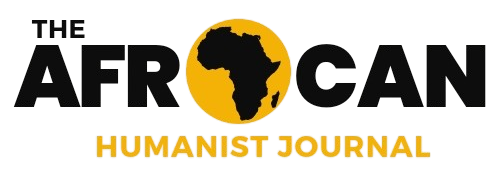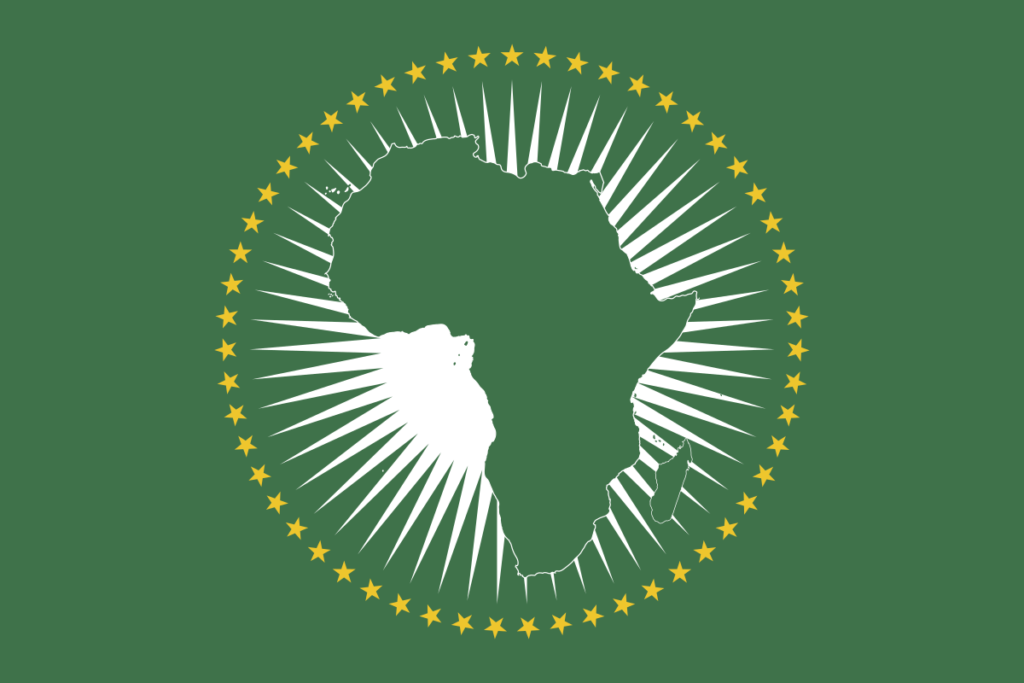Diplomacy is often seen as the highest form of conflict resolution, a tool designed to foster peace, cooperation, and mutual understanding between nations. However, when diplomacy is devoid of ethics and integrity, it loses its purpose and becomes an empty exercise in rhetoric.
Nowhere is this more evident than in the ongoing war in the Democratic Republic of Congo (DRC), where Rwanda-backed M23 rebels continue to destabilize the eastern region. The failure of the East African Community (EAC) and the African Union (AU) to decisively intervene exposes a glaring lack of ethical responsibility and political will.
For diplomacy to be effective, it must be anchored in integrity—the commitment to truth, justice, and fairness. Unfortunately, regional and continental bodies have engaged in half-hearted negotiations, often treating the conflict as a political inconvenience rather than a humanitarian crisis.
The diplomatic meetings, ceasefire agreements, and countless resolutions have done little to alleviate the suffering of Congolese civilians, raising serious questions about the moral compass guiding Africa’s diplomatic efforts.
Ethics in diplomacy demands that leaders prioritize human life over political alliances. Yet, despite well-documented evidence of Rwanda’s involvement in supporting the M23 rebels, many African leaders have chosen to turn a blind eye.
This reluctance to hold Rwanda accountable is not just a failure of diplomacy but a betrayal of the foundational principles of the AU, which include promoting peace and security across the continent. Silence and inaction in the face of such atrocities only embolden aggressors and undermine the credibility of African-led solutions to conflicts.
Moreover, integrity in diplomacy requires impartiality and consistency. The AU and EAC have been quick to denounce conflicts in other regions, yet their response to the war in the DRC has been tepid at best. If African nations truly believe in ‘African solutions to African problems,’ then the same level of urgency applied to other crises must be directed towards Congo.
Diplomatic engagements must be rooted in justice, ensuring that all parties—especially aggressors—are held accountable, regardless of their political or economic influence.
The continued suffering in eastern Congo is a testament to the failure of diplomacy without ethical leadership. If African diplomacy is to regain its credibility, it must move beyond self-interest and political calculations. Ethics and integrity must be the guiding principles, ensuring that diplomacy serves the people, not just the powerful.
The war in Congo is a reminder that when diplomacy lacks moral grounding, it ceases to be diplomacy—it becomes complicity.


